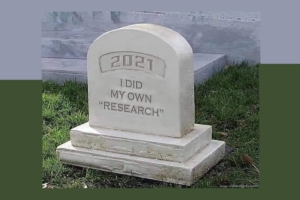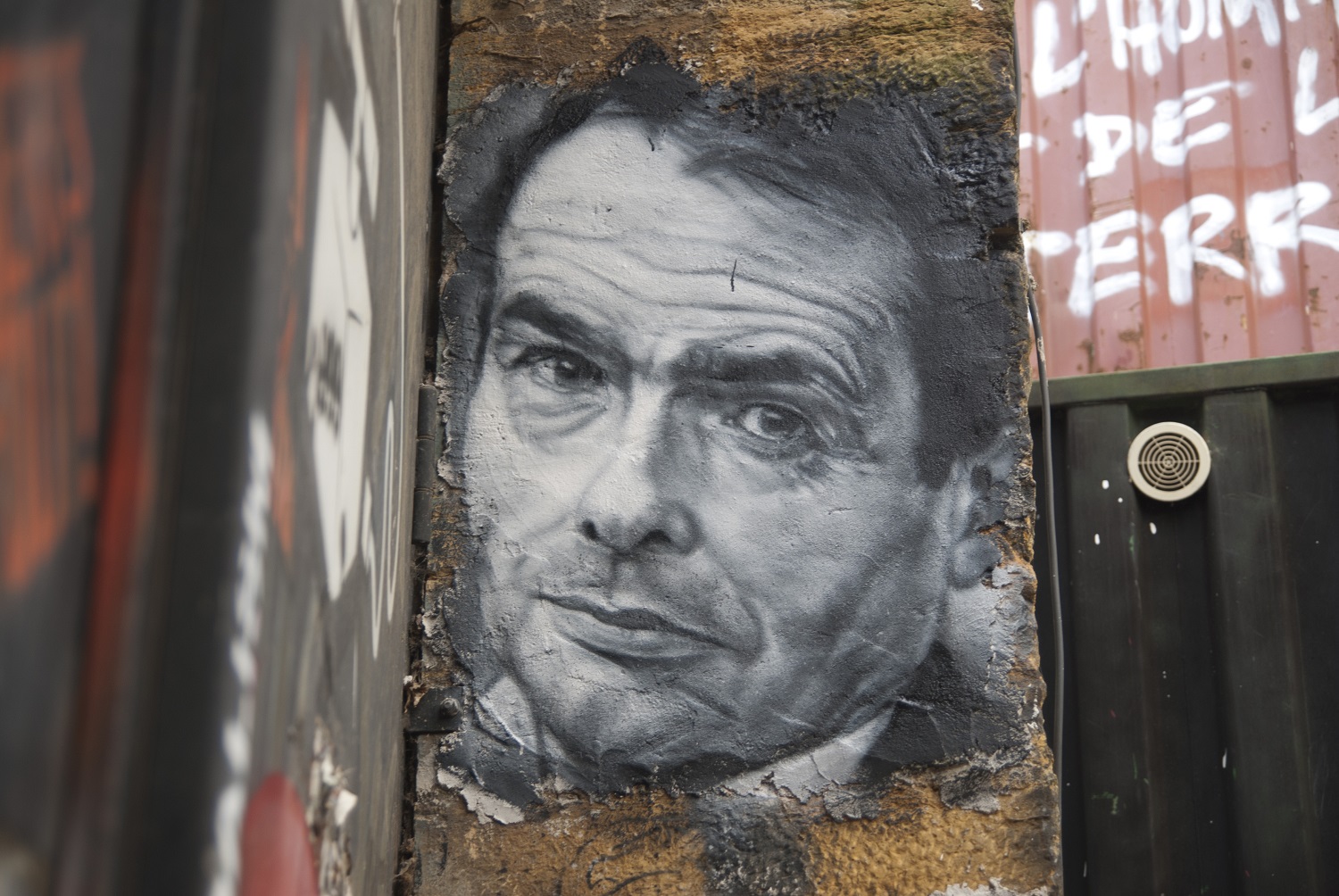The Danger Of Stupidity
In the first post in this series, I quoted Charles Sanders Peirce for the proposition that the only reason we think is to relieve doubt by coming to a belief. We don’t necessarily seek the best belief, or some objectively correct belief (if there is one), though we might, and it might be best if we did. All we really want to do is to relieve doubt.
But that leaves out people who don’t ever doubt anything. It also points to people who claim to think but who aren’t interested in the solution with the best chance of meeting their most important needs; just something that relieves them of doubt. The pandemic has produced excellent examples. Media coverage and life experience have caused many people doubt. They look for relief from the doubt. They don’t need the best answer, or a sane answer, they just need to settle whatever their doubt might be.
David Byrd
In June 2020, Tennessee State Representative David Byrd of Waynesboro, TN voted for a resolution stating that the mainstream media has sensationalized the coverage of Covid-19, and that the General Assembly
… congratulate[s] the people of Tennessee for clearly seeing that the mainstream media has sensationalized the reporting on COVID-19 in the service of political agendas.
Byrd was diagnosed with Covid November 25, went into the hospital December 5, was on a ventilator for 55 days, lost his liver and required a transplant, and came out of it urging people to get vaccinated. He got sick before the vaccine was available, and he claims never to have been anti-vax. He now thinks Covid is dangerous and urges people to get vaccinated.
It’s hard to say what goes on in people’s minds, but the statement about sensationalizing the pandemic is an important clue. Assuming that he actually believes this, what exactly was he talking about? Media coverage wasn’t bloody. I think it didn’t go far enough in showing the frightening situation of sick and dying people. TV reporters did not show actual patients, or corpses. If Byrd had seen video of people breathing by ventilator, he might not have been so blasé about his own risk. If he had listened to Covid patients trying to breathe on their own, he might have thought twice about hanging around with potential vectors, including his equally ill-informed colleagues. Did he think it was political and thus damaging to Trump? Would political fault matter to sick and dying people, or people who didn’t understand the danger? Did he feel the same way about the absurd emails and Benghazi frenzies?
No, I think we can safely analyze this in Charles Sanders Peirce’s terms as expressed in The Fixation of Belief (1877):
The irritation of doubt is the only immediate motive for the struggle to attain belief. It is certainly best for us that our beliefs should be such as may truly guide our actions so as to satisfy our desires; and this reflection will make us reject every belief which does not seem to have been so formed as to insure this result. … [T]he sole object of inquiry is the settlement of opinion. We may fancy that this is not enough for us, and that we seek, not merely an opinion, but a true opinion. But put this fancy to the test, and it proves groundless; for as soon as a firm belief is reached we are entirely satisfied, whether the belief be true or false.
Byrd had a doubt about Covid that he wanted to relieve by finding a belief that would satisfy his desires. His only desire was political, not his personal safety. So he fixed on a political belief. Sadly that was a bad guess about the best thing for him.
Phil Valentine

Phil Valentine is a conservative talk radio host on WWTN-FM in Nashville. Here’s his blog post on the vaccine dated December 17, 2020. After ranting about Hillary Clinton and the dearth of credit to Trump for getting the vaccine out there, he says:
I’m not an anti-vaxxer. I’m just using common sense. What are my odds of getting COVID? They’re pretty low. What are my odds of dying from COVID if I do get it? Probably way less than one percent. I’m doing what everyone should do and that’s my own personal health risk assessment. If you have underlying health issues you probably need to get the vaccine. If you’re not at high risk of dying from COVID then you’re probably safer not getting it. That evokes shrieks of horror from many, but it’s true. I’m weighing the known versus the unknown.
I suppose we might ask what these “unknowns” are, or whether he plans on getting the pneumonia and shingles vaccines, but that’s too picky. Maybe he’s just not very smart. Here’s his take on climate change, echoing the idiot Senator Imhofe with his dumb snowball. Valentine does his own reasoning and research on the pandemic. It might have been better to start with a question like this: scientists, including epidemiologists, virologists, and public health experts say Covid is dangerous, and that the vaccines are safe and work, so everyone should get a jab. Now how am I different from everyone else? Why isn’t that the best advice for me?
Instead, I’ll guess he read some stuff about Covid, and decided he knew best about his own body and its ability to shut down the virus. He thinks we should all make our own decisions about our health, apparently without reference to expertise. He thinks we marvelous Americans can handle the complexity of the pandemic in the same way we decide between tacos and huevos rancheros. He places no value on scientific information or conclusions, doesn’t know any statistics, doesn’t grasp the principles of epidemiology or virology, doesn’t understand and probably doesn’t believe in the principles that underlie the vaccines, and doesn’t think any of that is important. I’ll bet he can’t do his own taxes, though.
And, guess what: nearly dying has converted him to a vaccine believer.
Valentine at least recognized that the right question is his personal safety; but he doesn’t know how to think about that problem, and just happens to come out in the same place as David Byrd.
The disinterested, the ignorant, and the prejudiced
There is a large group who just ignore the problem, or believe nonsense. I won’t use names, but they’re all over: people who just couldn’t quite get around to getting vaccinated, or who are convinced that it’s a trap or a hoax. Here are some examples.
These are people who aren’t paying attention. I am grateful for the people reaching out to them. They are doing what needs to be done.
Conclusion
In the first post in this series, I hinted at my view that bad thinking is central to the success of the Oligarchy in spreading their self-aggrandizing lies. I hope this discussion helps us see how well that works.
In an earlier series I argued that democracy only works if there is a sense of community among the members. As we face the pandemic and the desperately dangerous climate disaster, we need to operate as a community. We have to operate on the principle that no one is safe unless we are all safe. We have to settle our doubts in the way that will enable us to flourish, not in ways that fit our prejudices.
[Image Source: “I Did My Own Research” by @GQPMonitor]



